A sperm whale washes onto a beach, in Paraparaumu, the place of many, many ovens. It is an extraordinary sight. Very few of the population have ever seen a whale before in real life – even fewer have seen a sperm whale. Almost no one has touched one. A jogger runs past early morning, snaps a photo, posts it onto Flickr. He is lucky: he is alone. A dog barks with excitement; a seagull circles, encouraged by the smell. The whale dies, heavily scarred nose showing the past battles with the Krakens of the deep.
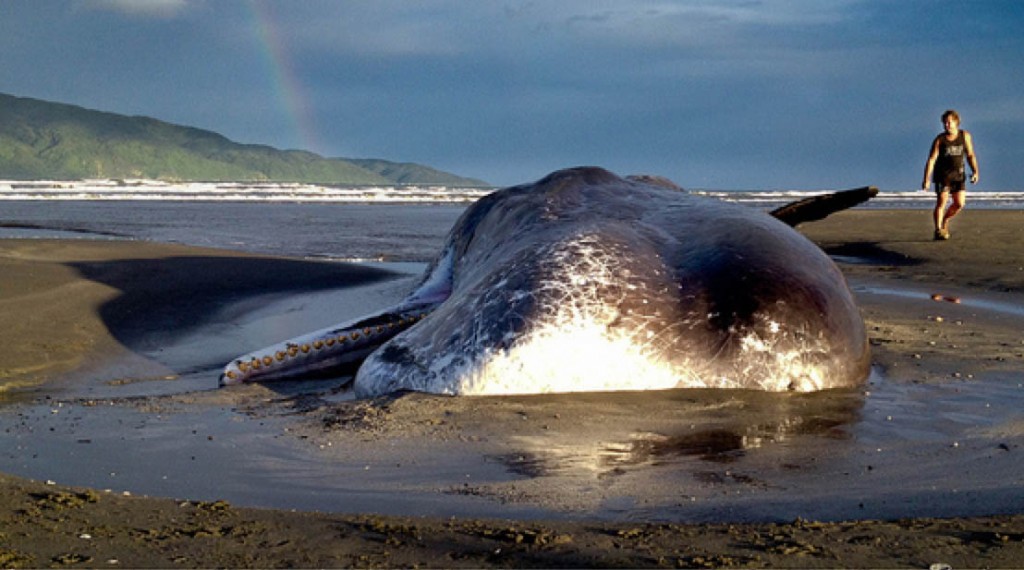
The crowds gather; the population learns – they touch the mighty beast, revere in its size and its majesty. Sperm whales were once common along this coast, but a cruel and stupid short-lived hunt for sperm whale oil nearly destroyed the species. The oil from the forehead reservoir of the sperm whale was the most desired of all the whales, burning with a clear light. We will be lucky if we ever see a sperm whale in our lifetimes. I feel it is like a god to me, with my connection to the sea. My ancestor. Magnificent in life, still awe inspiring in death. I wish to touch the skin, to pay allegiance. The crowd gathers.
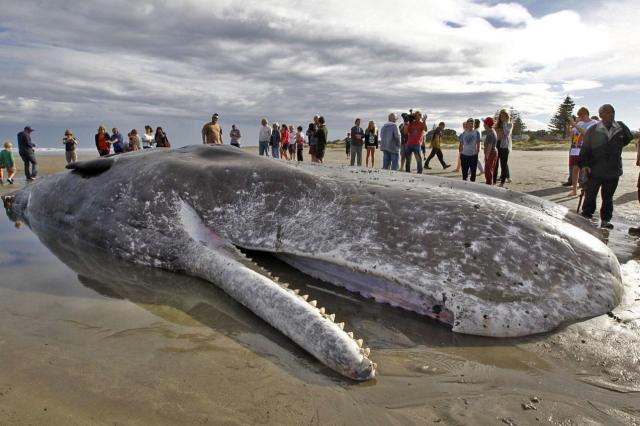
DoC arrive: they cordon off the heroic beast, stop the population from touching the whale’s dead body, in awe-filled reverence. No person may touch the sacred skin – it is a holy relic: it is a health hazard. Somehow, our health is imperiled. The beast does not mind. His consciousness has passed on. Our chance to learn and observe is over. What does a whale feel like to touch? We will never know. Pakeha stand back. Your belief system is of no concern to us. Your ancestors do not count.
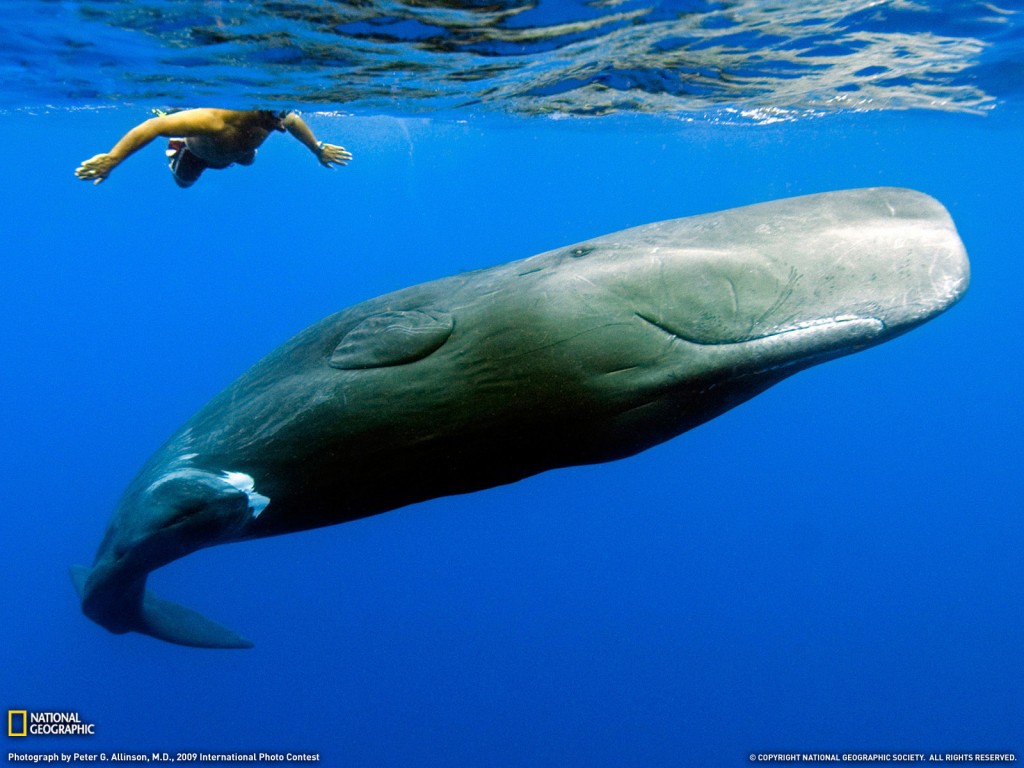
Local Maori arrive, claiming that the dead whale’s spirit calls to them. They treat it reverently, as an ancestor. They bless the body, chanting ancient rites, half Christian, half pagan ritual. A whale has no soul, by orthodox Christianity rules. Every animal has a soul, by ancient Maori lore. The two worlds collide, compromise, exist together in uneasy truce. Then they butcher it, hack off its jawbone with knives, axes, a chainsaw if necessary, in a 3-4 hour operation. That’s not how I would pay homage to my grandfather. Blood splatters, pools, abhores the watchers. The chance to learn, to see, to understand, is lost. The carcase is spirited away, and bulldozed into a large hole in the ground. Maui fished up the North Island with a fishhook made from the jawbone of his grandmother, so they say. My grandmother was buried with her jawbone intact.

Sperm whale teeth are rare – as rare as hen’s teeth nowadays – almost. I have one, carved in scrimshaw, from an ancient mariner. The spirit of the whale lives on in that, for me at least. I was not allowed to touch the whale. For me, this one tooth is as much whale as I will ever meet.
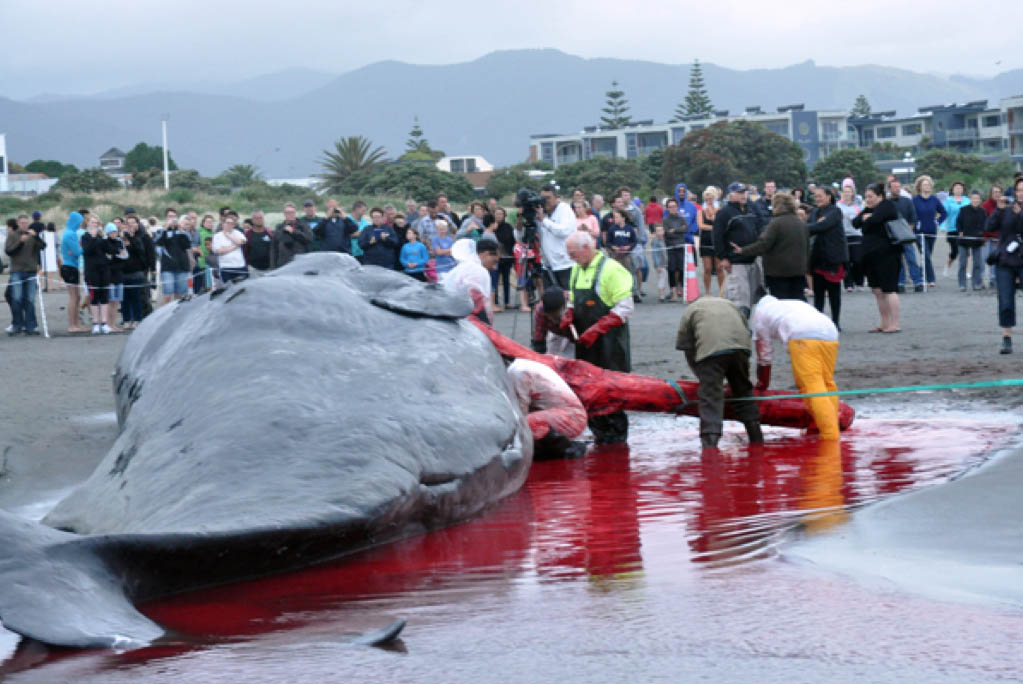
———————– meanwhile, in a parallel universe, in another part of town —(image removed – content has been removed due to infringement / unauthorised use of copyrighted materials)
No one likes a pigeon, least of all me. They strut, they coo, they do that stupid jerking motion form the Ministry of Silly Walks. They procreate on my windowsill, and the female pigeon looks as though she is tired of being forced to submit to sex from yet another puffed up male. Courtship is long, and procreation is brief. Just like the more human wild life in Courtnay Place, the boys spend hours chasing after the girls, and many get rebuffed. Then a quick flutter, and the sex act is over. They go their separate ways, both looking flustered and slightly embarrassed.
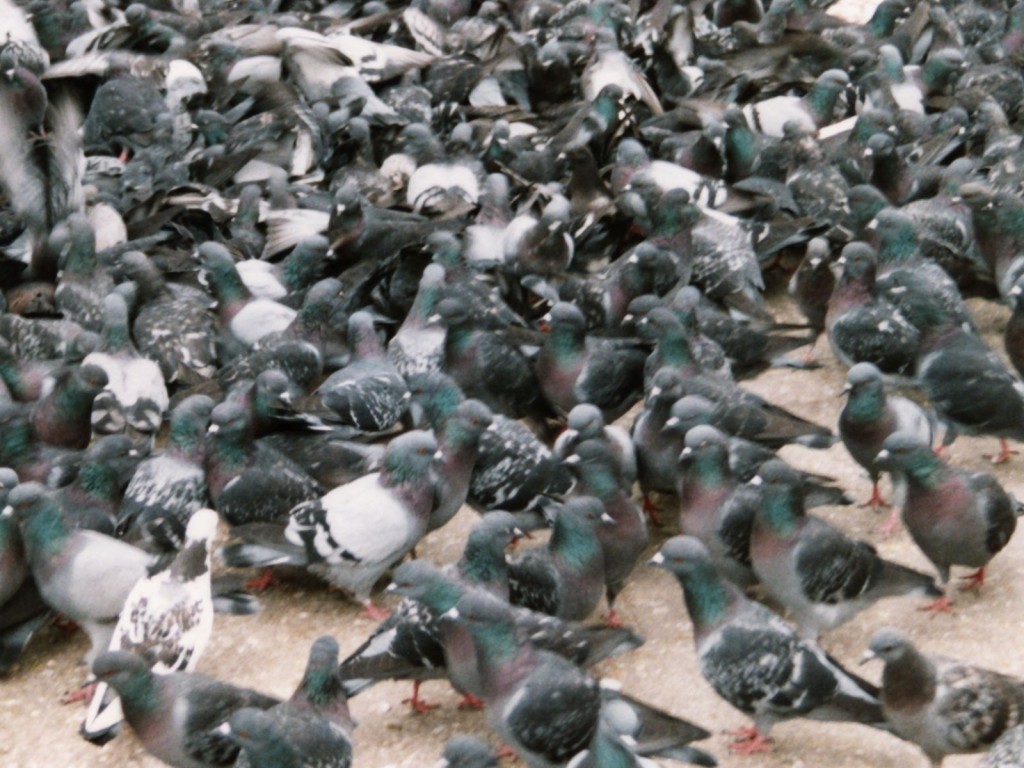
Pigeons are poisoned in Pigeon Park. The poison is permitted, but procedures are not being met. The pigeons are drowsy, they do not want to fly. They congregate on footpaths, and wander into the streets. In the notorious bus-lane alley, Manners Street, more fatalities occur: this time avian, not human. Pigeons too sick to sidestep, too lazy or drugged up to fly. Too much listening to their iPods. They look the wrong way when crossing the road. They get hit, they flutter, they die.
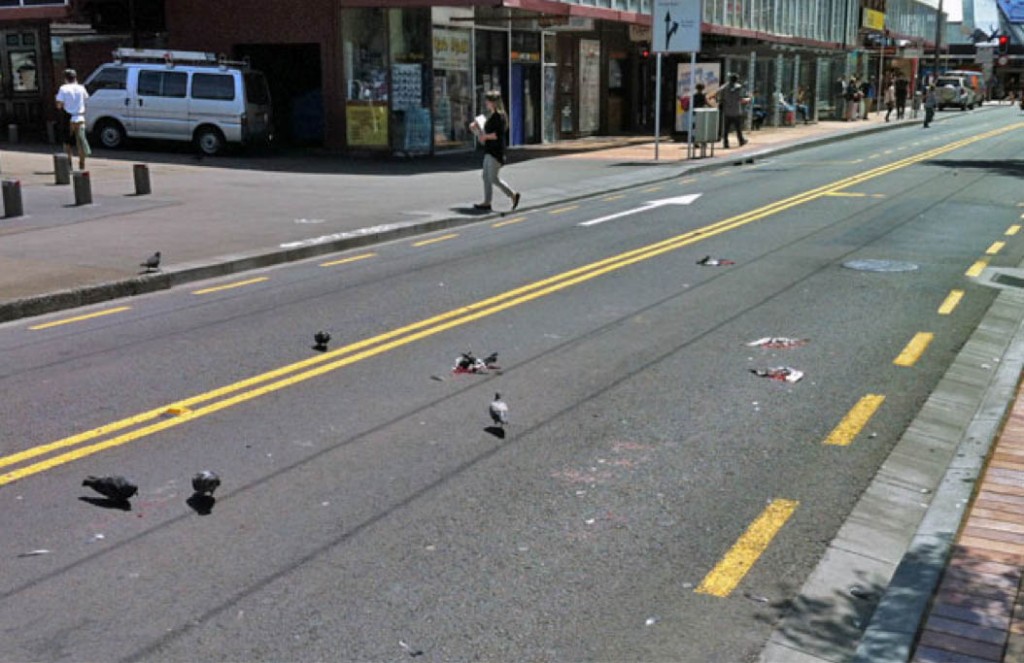
Good riddance. They are a pest: a flying rat, a scourge, no one prays for their souls. They can go straight to Hell as far as I am concerned. Die, pigeon, die.

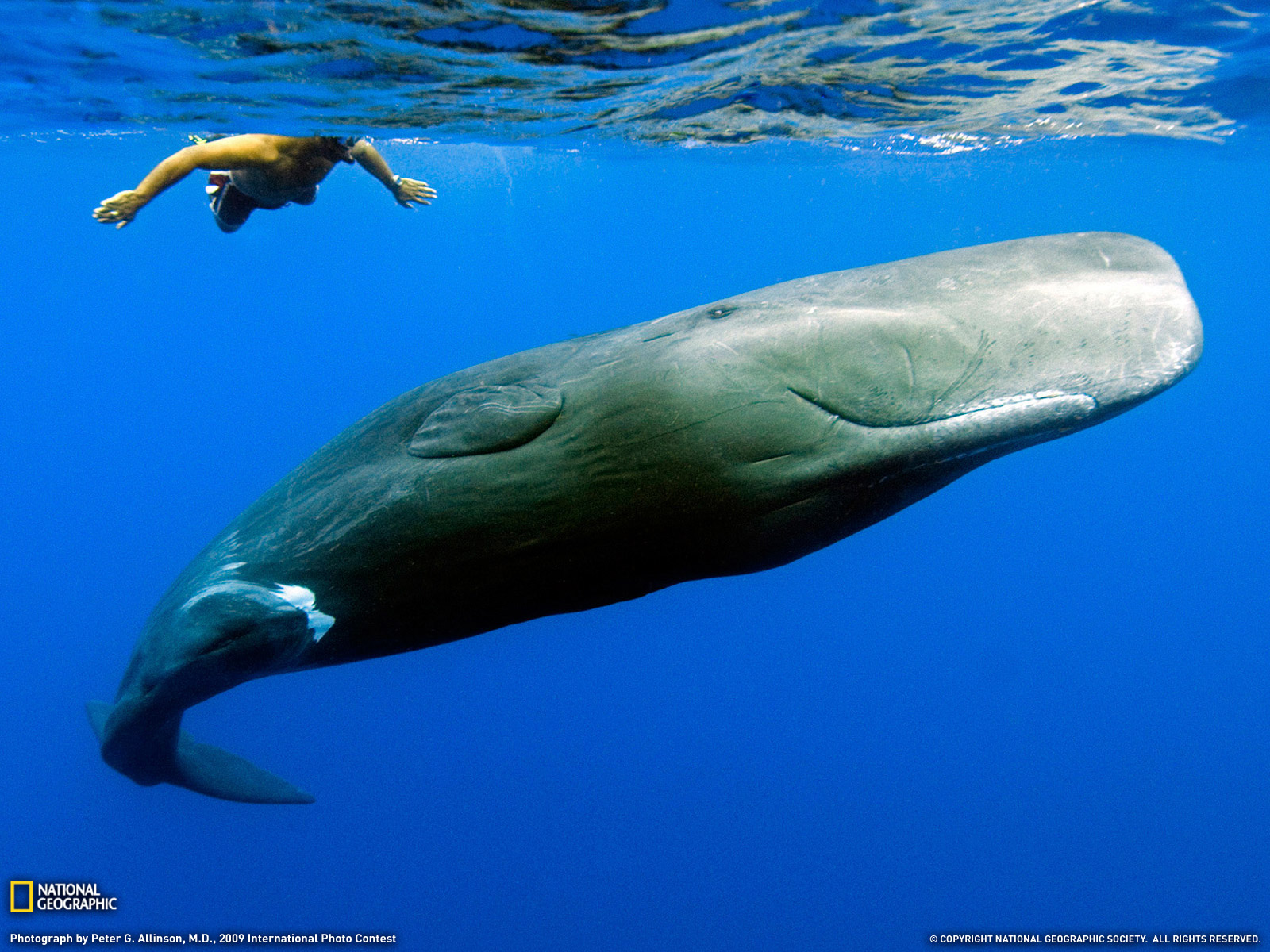
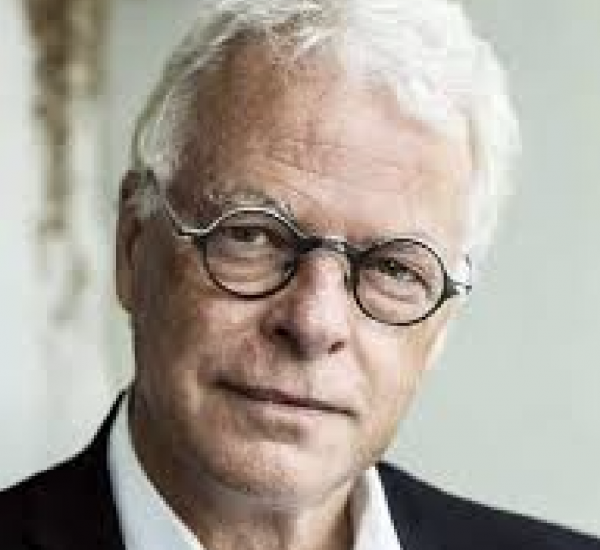


Amen to both sentiments.
Whales good, pigeons bad.
We’re animals too. The butchering of the whale looks shocking. But I guess it’s better than having it rot on the beach. Pigeons do what they do because they do what they do. WE have choice. We just don’t always use it to best effect.
pigeons and whales and…. Jellyfish. I put them in the same category as Pigeons. But check this out:
http://www.stuff.co.nz/dominion-post/news/8210891/Swarms-of-jellyfish-sting-children-at-beaches
“Several children have been stung as swarms of jellyfish are swept on to Wellington beaches from Cook Strait.
Mum Nicole Wijngaarden said her son Maximus, 7, was in excruciating pain after being stung by a lion’s mane jellyfish at Freyberg Beach in Oriental Parade about midday yesterday.”
“her son Maximus”…. it’s spreading ! Hooray! Is the son named after me or Russel Crowe?
I accept that you feel excluded by the iwi that retrieved the jaw bone. But please, consider, these same iwi have been forced to stand by while pakeha ignore their belief systems and their ancestors for generations. Two wrongs don’t make a right but perhaps your new found understanding can help you to build bridges rather than barriers.
Thanks Ben, for those understanding words. Actually, it’s not so much about the iwi as about DoC, one of the more dysfunctional government departments. It was DoC that stopped people from touching the whale, on the completely spurious claim of “health and safety”. Like most bullshit health and safety provisions, apparently all you need is an orange fluoro hi-vis vest, and then health and safety matters can be ignored. But without that, the opportunity for learning is lost.
I’ve been trying to find the article I read recently, about the time that a live whale was washed ashore, in Lyall Bay I think, about a hundred years ago. The paper wrote that people went out and prodded and poked it with sticks as it lay dying, cut away strips of flesh, and stuffed sand down its blow hole – they saw it as a “monster from the deep” rather than as we do nowadays, as a mighty ancestor or relative. We’ve come a long way since then.
DoC however, is showing signs of being an aging carcass itself. It will be interesting to see if Nick Smith, newly instated in that role as Minister, will be better able to make a good hash of it rather than the butchered carcass that Wilkinson has. I don’t hold out much hope – Smith shows no great signs of intelligence in my books, despite other MPs saying he is clever. But for the sake of New Zealand’s endangered wildlife, let’s hope he shows some intelligence over getting those savage funding cuts overturned. For a country that prides itself over its protection of native wildlife, DoC has being lead to the slaughter lately.
>let’s hope he shows some intelligence over getting those savage funding cuts overturned
Vote Conservation, 2008/09: $416,130,000.
Vote Conservation, 2009/10: $419,078,000.
Vote Conservation, 2010/11: $423,660,000.
Vote Conservation, 2011/12: $441,328,000.
Vote Conservation, 2012/13: $444,954,000.
Not too savage. Or a cut, actually.
Thanks Mr P – those figures seem to be saying a very different story from the official line that DoC have had a 30-40% cut in funds.
Anyway, I just spotted this story in the Herald, and am copying it in here in case it disappears:
Bob Jones: Bearded blokes spouting load of hogwash
A washed-up whale leads to the uttering of unadulterated world-class nonsense best suited to an asylum.
It was extraordinary that a whale washed up on Paraparaumu beach could spawn the uttering of unadulterated world-class nonsense. Three weeks ago a 15-metre sperm whale corpse washed up on Paraparaumu beach, a coastal district about 40 minutes’ drive north of Wellington. There it lay for three days, drawing thousands of spectators, before being removed by the Conservation Department for burial away from the beach.
None of that was specially noteworthy, even if beached whales are not usually of the sperm variety.
What was extraordinary was the uttering of unadulterated world-class nonsense this event spawned, mainly and predictably by Maori exponents whose capacity to spout garbage is familiar to us all. Mind you, in fairness, a couple of non-Maori males made a hearty effort to give them a run for their money but frankly, they were way out of their league.
For example, well-known and predictably bearded carver Owen Mapp told the press that “creating cultural objects [from the whale’s jaw bone] enabled contemporary society to honour the spirit of the whale so it could live on”. If Mr Mapp believes that hogwash then, were it not illegal, presumably he’d be a starter to make a carving out of his dead mother’s thigh bone so that he could honour her spirit (whatever that is) and enable her to live on.
It got worse.
The national museum’s marine mammals collection manager, Anton Van Helden, undoubtedly bearded, chimed in, first giving a sensible explanation for the whale’s death, only to spoil it by ignoring his Dutch common-sense heritage when he told a reporter, “Whales have a special significance to the community. They breathe air; we have a kinship with them; a relationship to their mystique; our heritage is closely tied to them”.
Four points; all infantile nonsense. Tens of millions of different species, namely all animals, plants, fish, birds and insects, breathe air, some with lungs, other by diffusion, but that certainly doesn’t give us a kinship with them. Mr Van Helden should acquire a dictionary which will enlighten him on the meaning of kinship; specifically a blood relationship.
As for our “relationship to the mystique of whales”, Mr Van Helden gave no explanatory details of either the claimed relationship or the alleged mystique, doubtless for the very good reason that this was a spur-of-the-moment fiction. Finally, our heritage is absolutely not “closely tied to whales”.
The first Europeans here were whalers and whaling continued in Cook Strait until a few decades back, but historically and economically these events were small cheese. Still, Mapp and Van Helden gave it a pretty good crack, but as I will show, they were outclassed in the nonsense-talking stakes once the world-champion Maori tripe-talking exponents came into play.
Launching the Maori counterattack for idiocy talking honours, kaumatua Don Te Maipi, another in need of a dictionary, told journalists that “the dead whale is regarded as an ancestor”.
Mr Te Maipi didn’t say who specifically regarded that whale so, but if there’s anyone apart from him who does, then the asylum beckons.
Mr Te Maipi then moved into padded-cell-and-straitjacket territory when he added that he believed “the whale’s death could have been connected spiritually to the death of Bruce Mansell”. Mansell, a non-Maori, was a local shopping centre manager who had died two days earlier. He was not over-weight and certainly not of sperm whale dimensions.
An Ani Parata, described as a local iwi representative, piped up and told the same reporter, “The whale has given up his life for us,” adding, “This is a significant message to us. We come from a tribe of whalers”. No detailed explanation for this hogwash was given but nevertheless I can assure Ani Parata that the whale not only did no such thing but, in fact, would have been oblivious to her existence. What “the significant message” was, understandably was not explained.
Imagine if talking tripe was a criminal offence.
Dealing with Mr Mapp first, I reckon he’d cop a year’s home detention and a severe warning with the threat of a prison sentence should there be further offending.
Mr Van Helden definitely would go down; probably for six months with an added two years for disgracing his Dutch heritage.
Mr Te Maipi would be history. In his case it would be a maximum sentence with a minimum 10-year parole term.
Ms Parata poses a difficulty, for she’s a woman and the court would be confused by her trespassing into Maori male nonsense-talking territory. Her best bet would be to plead that she was in the middle of a week-long bender and was so drunk at the time that it would be unreasonable to hold her responsible for her words, for which she now has deep remorse.
Best of all, if such legislation were enacted, would there be the mass Sunday arrests of clerics? For compared to them and their pulpit fantasies, the Maoris, Mr Van Helden and Mr Mapp are mere pikers.